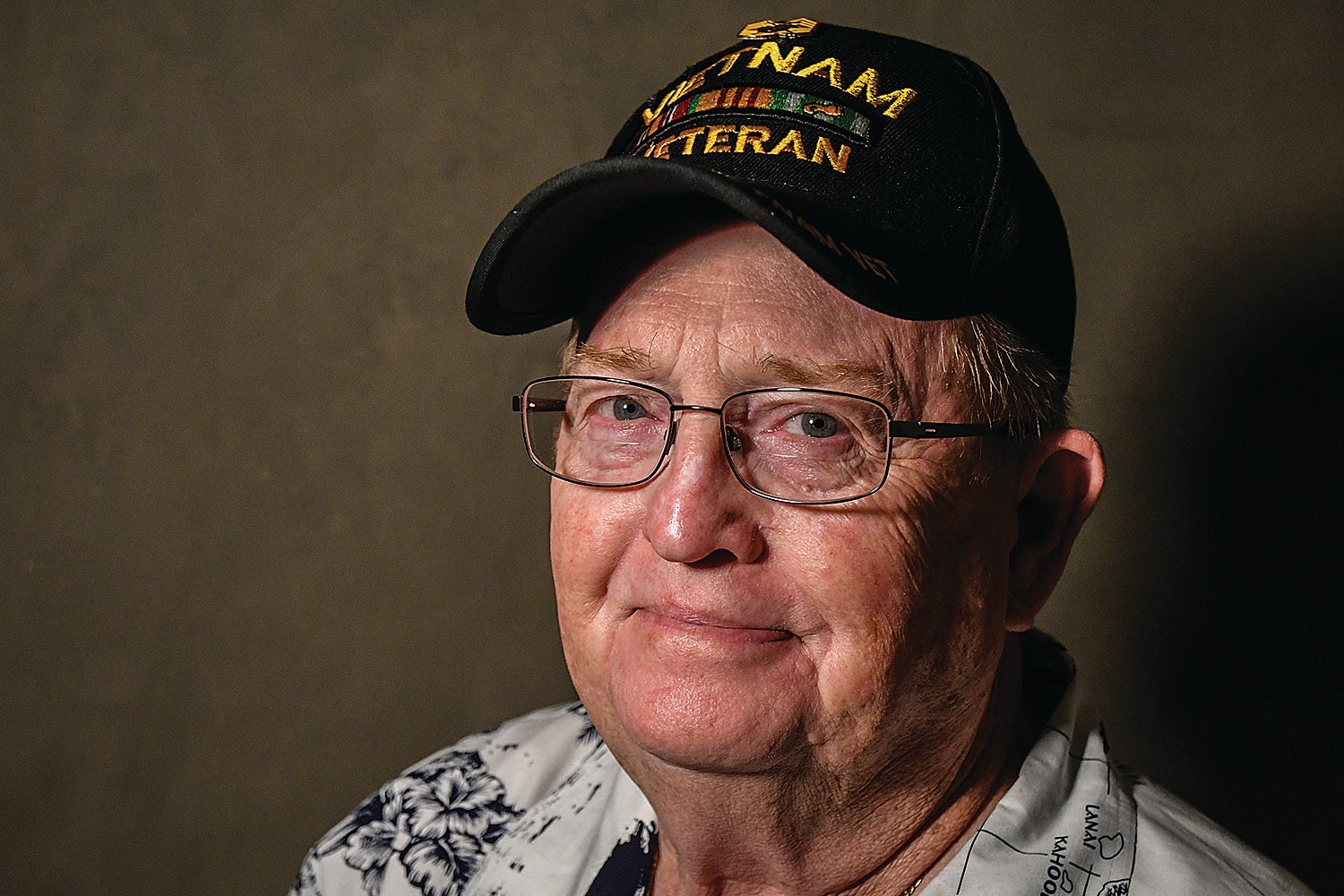RAY MOSBY: Fathers, brothers and sons
Published 5:48 pm Saturday, July 22, 2017

- Ray Mosby
“I am all the daughters of my father’s house and all the brothers, too.”—Shakespeare
One of the things I am most proud of, take the most satisfaction from, occurred 15 years ago this week, and like a lot of things that really matter, was noticed by practically no one.
His obituary, datelined Memphis, read something like this: Charles Luther Mosby, 73, a pianist and professor of music, died Friday at Baptist Memorial Hospital following a long illness. He is survived by his wife, two sons, a daughter, etc.
Such is the nature of obituaries, which no matter how well written, must be, intrinsically, inadequate.
My father’s only brother, Charles was named after my paternal grandmother’s brother, who was the first practicing physician in Coahoma County, Miss., and he was as different from his only sibling as any two such kindred individuals could be.
Charles saw bright lights and stars; Dad saw land that needed rowing up. Dad was one of the most commonsensical men I’ve ever known and Charles had not a lick of it.
It was those differences which in part—combined with some things which in the tradition of Southern families are best left within that vague, but all telling category of the unfortunate — served to keep my father and his younger brother from being as close as they could have been, should have been, over the years. Tennessee Williams became quite famous writing of such things.
As a young man, Charles bore a striking relationship to the French character actor Ives Montand, and was, by the something less than worldly standards of the Coahoma hamlet that spawned us all, a sophisticate. Two years after Dad went away to serve something of an Ensign Pulver role on a communications ship in World War II, Charles went away to Florida State, where he earned a masters degree in music.
There were only two loves in Charles’ life — music and his family — and as a young man, he performed piano recitals across the South. Charles could transform a piano into almost a living thing with his long, slender fingers, and after the echoes of the Beethoven and Mozart had faded within those regional concert halls, he spent the next 40 years of his life trying to instill at least a portion of his appreciation of music into the hearts and minds of students at what is now Rhodes College, here.
Charles was simply a neat guy to be around, in large part due to a pair of traits not always present within accomplished musicians: He was able to see the humor in life and he didn’t take himself too seriously. After returning from the opening of a Broadway musical to a family gathering in the hinterlands of Coahoma, Charles was most excited to tell the home folks that he was now an important person, in that he had relieved himself at the urinal right next to the one being used by Basil Rathbone, of Sherlock Holmes fame, during intermission.
He had not been married long to his wife, Rose — who was the only person on the planet Earth to so redefine term of endearment as to insist upon calling him Luther —when the couple came home (which in those days meant coming to my grandmother’s house, located in the middle of the farm) for a visit.
More so in those days than now when there are fewer of us, my family was quite an eclectic group of folks, and at some point in the day’s conversations, the topic turned to fact that my grandmother’s sister, Aunt Mary to us all, had once upon a time raised worms. She had a worm house and worm bins and attempted, without notable success, to sell worms to fishermen.
Rose, then not quite as familiar with the Mosby/Montroy clan as she would become, and an avowed lover of all living things, dared to suggest that Aunt Mary’s ill-fated past vocation might not have resulted in such a great life for the worms.
At which point, with a tone of abject seriousness belied only by the sparkle in his eye, Charles turned to his wife and most memorably said: “I’ll have you know that Aunt Mary raised happy worms, Rose.”
And so it was that I felt compelled to drive to my father’s home, walk in and simply say to him, “Come on, Dad. We are going to see Charles. You are not going to live the rest of your life regretting that you didn’t.”
And after breaking numerous federal and state traffic laws, I managed to get Dad to his brother’s bedside, as it turned out, only hours before he died. He hugged his brother’s wife and children, and when he softly patted his brother’s shoulder and his eyes welled with tears, in an instant, the differences were all washed away and the years of distance were bridged.
It’s now been four years since Dad went to join his brother and in some quiet moments I can almost hear, and certainly imagine that the music they both now make — together —sounds a whole lot sweeter to both.
Ray Mosby is editor and publisher of The Deer Creek Pilot in Rolling Fork.





